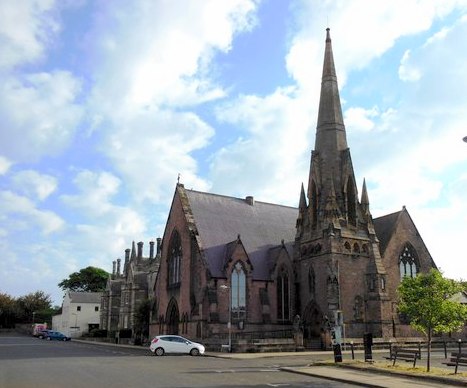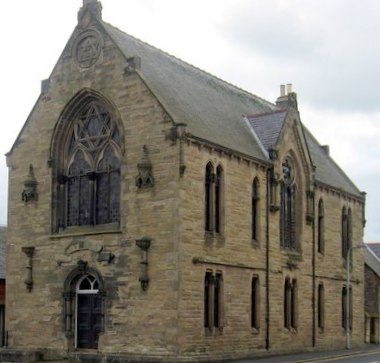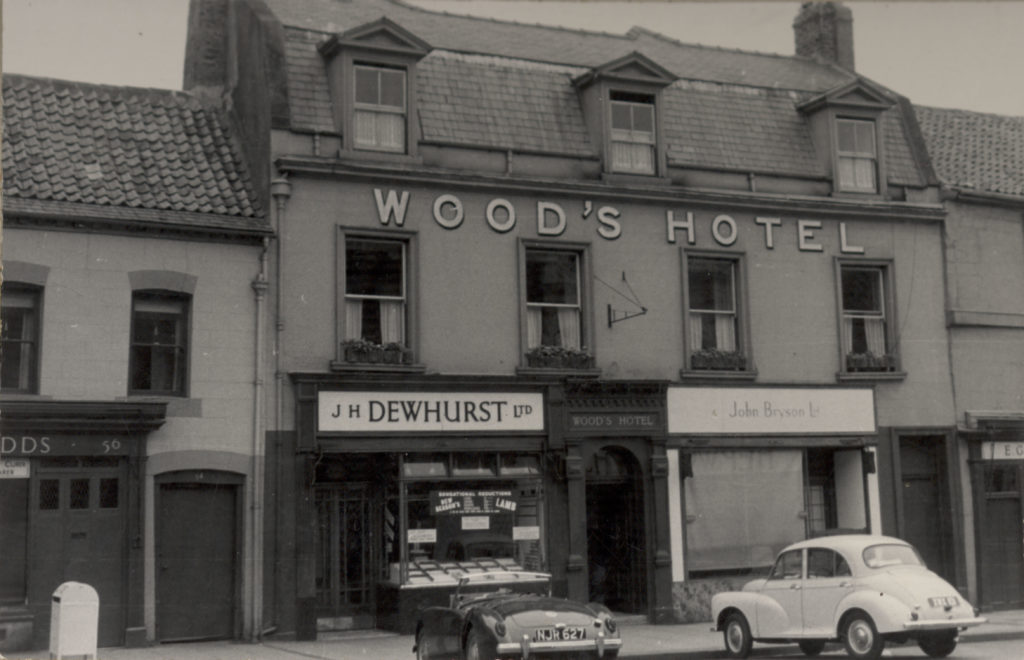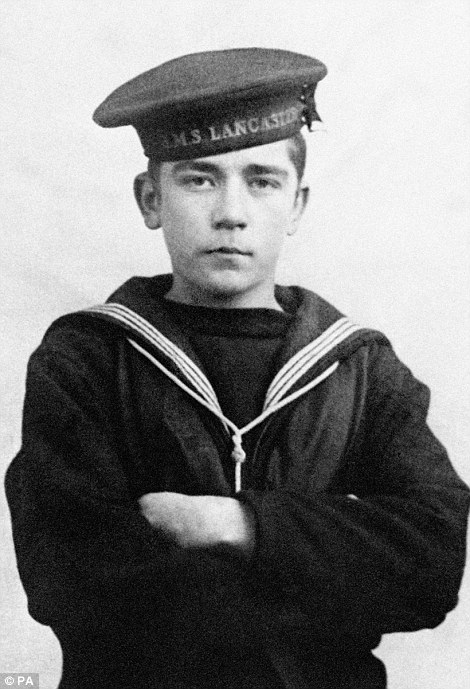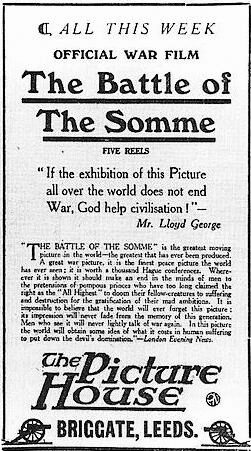BERWICK ADVERTISER, 28 DECEMBER 1917
NOTES FROM SPITTAL
HOME ON LEAVE
Sergeant Frank Swinney, N.F., is home for a 14 days’ leave from the Front. He is looking well in spite of the hardships he has endured. He went out with his regiment in April, 1915, as private, has been wounded twice, and has earned his promotion in the field.
We notice cadets Tom Burn and R. C. Clements also home; the former well known as one of our foremost footballers, and the other our late Boy Scouts’ Leader and Schoolmaster in Spittal Council School.
Lance-Corporal Borthwick is also here from the front. In his avocation as a postman he is well-known. He is married to a daughter of Mr R. Gladstone of West Street, Spittal.
Private J. Boston, son of Mr R. Boston of Forge Cottages is home for Christmas, also Seaman Jas. Johnston, one of the crew of the (will we call it the Spittal ship) the Macedonia.
BELFORD AND DISTRICT
ON LEAVE FROM FRANCE
We are pleased to see an old friend in the person of Private Thomas Ryan, West Street, Belford, enjoying his leave at present. Tom has been 13 months in France and has had some rough experiences, being wounded in the right arm and right leg on one occasion. His photo and brief sketch of movements appeared in these columns in November last. He has our very best wishes for the future.
Corporal E. Fenwick, M.M., eldest son of Mr and Mrs Fenwick, Middleton, Belford, is a present enjoying his 14 days’ leave from France. Our young friend is looking exceedingly well to have spent 14 months in the firing line. A brief sketch of his career and photo appeared in these columns in June last. We wish him a continuance of his past good luck.
It is quite a pleasure to see Private Edmund Henry, 4th son of Mr and Mrs Henry, Plantation Farm, Belford, enjoying a few days leave prior to going overseas with his regiment, East Yorks. Edmund enlisted shortly after attaining his 18th birthday, and has been in training since. Our young friend is looking well and appears to have increased in height and width since joining up. He has our best wishes for his future welfare.
LOCAL NEWS
An entertainment was given in the Playhouse on Monday afternoon to 1000 school children, whose fathers or brothers are serving, or have served, in the Army or navy during the present war.
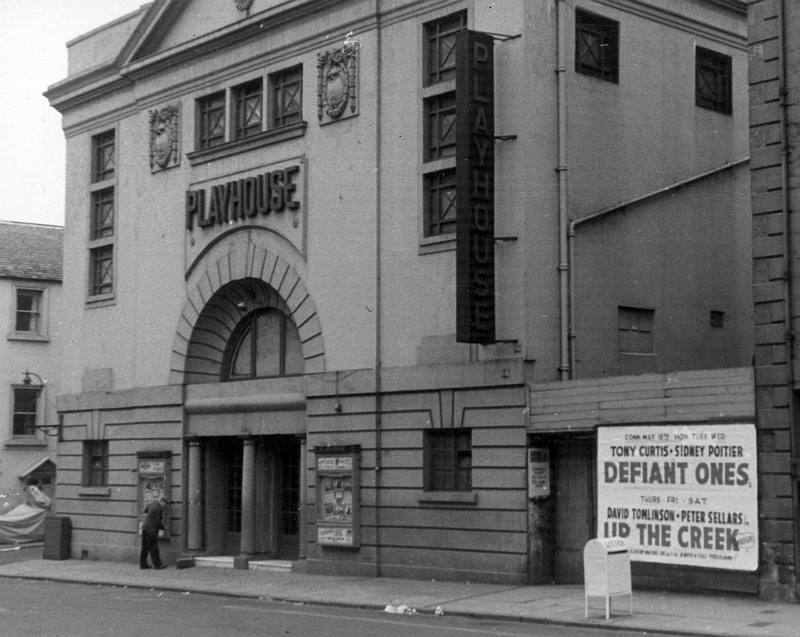
The idea originated with County Alderman Thomas Darling, who collected the necessary funds from his friends. A series of pictures was shown, and a conjurer gave a display. Needless to say, the young folks were delighted. After the singing of the National Anthem, Mr Willits moved a vote of thanks to Mr Darling and the other donors, and expressed the pleasure that the treat would give, not only to the children, but to the brave men who are fighting for us.
Towards midnight on Christmas Eve, the crew of Berwick Lifeboat were summoned for the purpose of placing on board their boats in the bay, four members of the crew who had come ashore in small boats and were unable to reach their crafts owing to the heavy sea which had suddenly arisen.
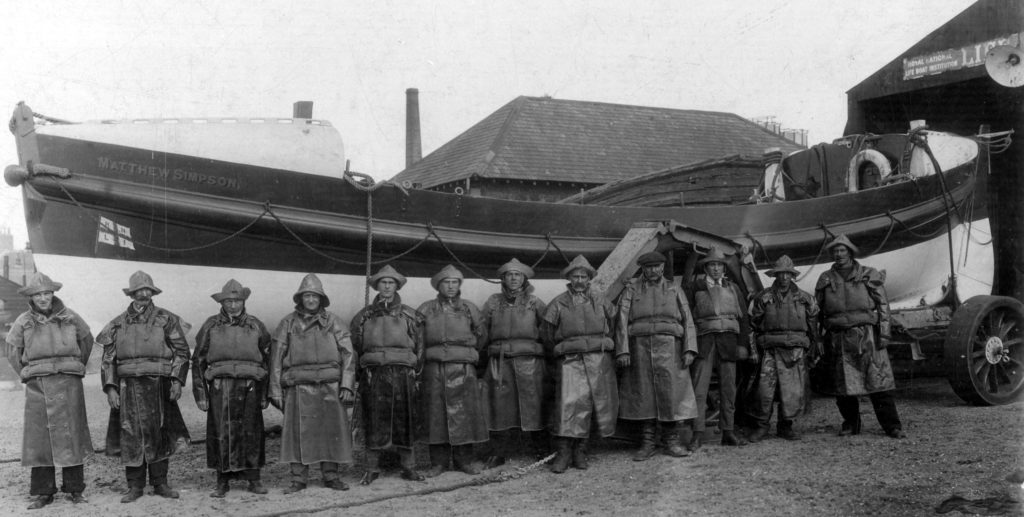
The lifeboat went to the mouth of the river, and found that the craft had disappeared, but they were just in time to rescue two members of the crew who had been left in charge of their own boat, which had broken adrift, and would in a minute or two more have been swamped by the tremendous sea. Unfortunately, the lifeboat was a good deal damaged by the sinking boat being hurled against its side with great force. The men left by rail to rejoin their boat in the Firth of Forth.
Last week we reported a police case where boys in the K.O.S.B. Band raided Mr Crisp’s tobacconist shop. It came out that one of the boys, Laubauch, a lad of under sixteen, had already had no less than ten charges of theft against him. We believe that the theft of the motor car was nothing more than the boy going off in the car for a joy ride, and stepping out into the owner’s arms when he returned. He was sentenced to six months imprisonment in all. It is worth considering if the boy has been benefited by his previous punishment, because, if not, there should be some better way found of turning him into an honest citizen. We don’t profess to be able to say what that method should be but the present method of punishing the boy at any rate does not seem very successful.
THE K.O.S.B. BARRACKS
At the Barracks the Corporals and men of the K.O.S.B. were entertained to a Christmas dinner and in the absence of Lieut. Colonel Maclaren, Major Robertson Glasgow, delivered a short address, being accompanied by Major F. Villiers, Adjutant, and Lieut. Hart. Mr Robertson, Glasgow expressed the hope that the great conflict would be ended before they again met for Christmas. He was pleased to meet so many non coms and men some of whom had gained from one to five badges, and had lent a hand in holding back the initial effort of the German avalanche. At the close, hearty cheers were given for all the officers and a most pleasant time was spent.
COL. PETERKIN AND THE WAR LOAN
The Royal Scots were entertained to dinner in the Dining Hut on the Parade, according to regimental custom. The men were waited upon by the warrant officers and sergeants of the Battalion. The fare reflected great credit upon the Quarter-Master Staff, the Sergeant Cook and his assistants. The Royal Scots orchestra was present, and discoursed popular airs while dinner was in progress. Col. Peterkin with his officers paid a visit to the Dining Hut, and in a few brief remarks spoke of the exemplary record the Battalion had maintained since mobilisation.
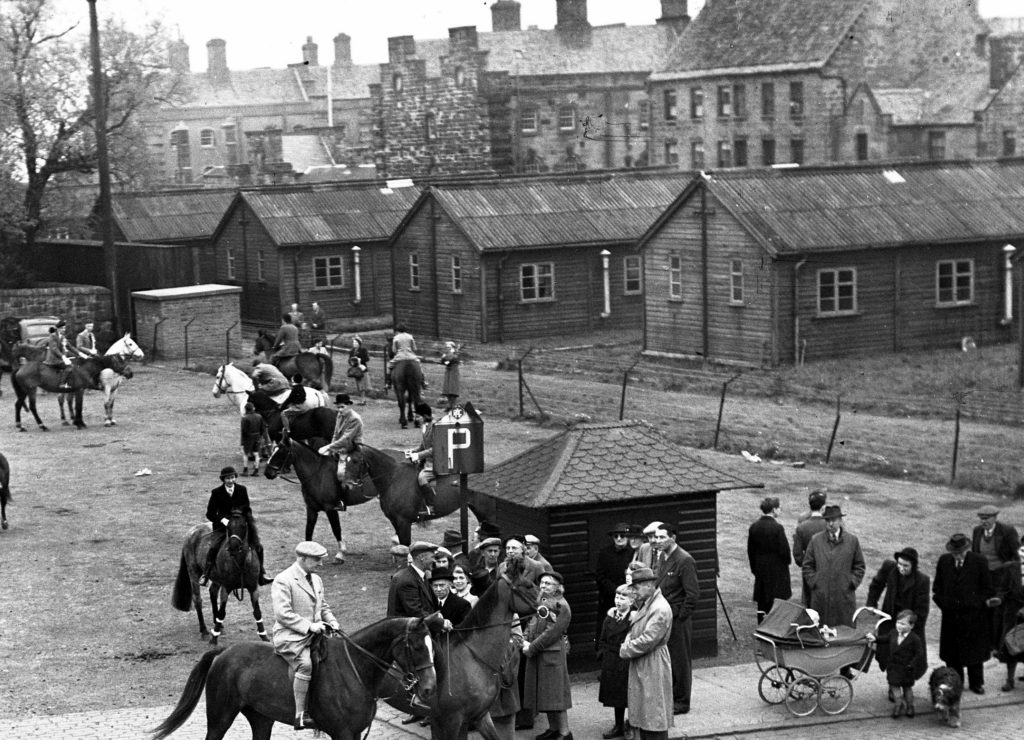
Each new year had shown a clean sheet, and he trusted this would be maintained on the present occasion. He was proud to tell them that in connection with the War Loan they had beaten the Brigade hollow in regard to the amount subscribed. The figures showed the 2-10th Royal Scots with £155 7s 6d to their credit, or over £70 more than the next highest in the Battalion. (Applause).They had all done well, but he had no doubt that the well could have been made better. He was sure that money was sometimes spent carelessly by the men that could have been put to a better purpose in the War Loan. (Applause). He concluded by wishing them all a Merry Christmas and a Happy New Year. (Applause).The men gave cheers for Col. Peterkin and the other officers, singing “For he’s a jolly good fellow.” The officers paid a similar visit to the Sergeant’s Mess.



